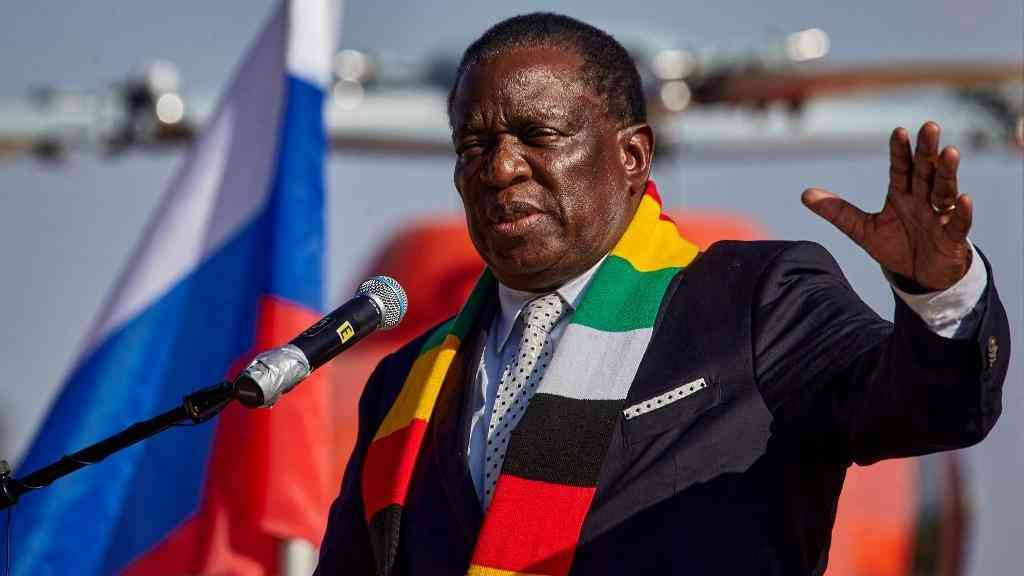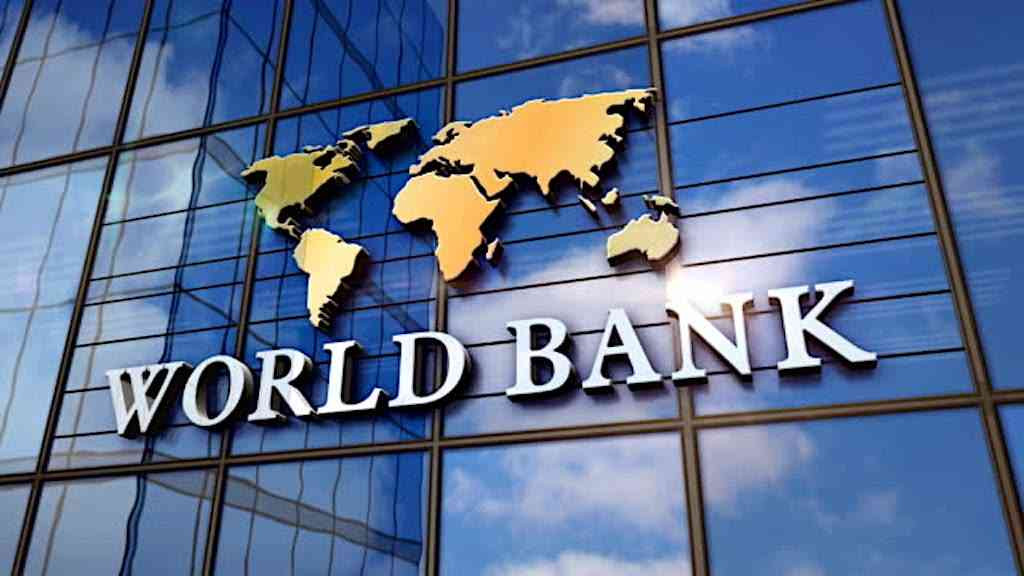
AMERICAN elections have come and gone. Nations around the world had keen interest in these elections for various reasons ranging from military, global peace and security, climate change to donor funding.
In this regard, the United States is the epicentre of global politics and still holds the trump card more with the coming of Trump into power.
With the bulk of climate change negotiations bordering on climate finance, developing countries were more worried than before, fearing a shift towards their climate concerns not being fulfilled or neglected altogether.
This is because the Republican policy on climate change is notpro-environment and emissions are likely to accelerate while some funding may be reduced, delayed or remain as pledges.
There are quite a number of possible scenarios holding the developing countries by the neck. In an extreme case, the US can decide not to be part of the global climate community like what happened on November 4, 2020 when it officially left the Paris Agreement. This withdrawal had impacts on the global climate change governance hence the global climate body was never the same again. This was when Trump was elected president of the United States and he emphasised on budget cuts and a focus on rebuilding the US economy. This impacted climate funding as well but not on the sustainable goal of low-carbon technologies and transformations. The goal of low carbon technologies and transformations remain alive and rejuvenated but lacked the most needed funding component.
It remains to be seen how much the world can forge ahead with the climate crisis without the US’s participation. It is not a secret that the Republicans have never supported emission reduction strategies, they have opted for an emission friendly approach hence the developing countries have every reason to be deeply concerned. At a time when the world thought it was at least grinding something positive regarding global carbon emissions, an emissions cowboy came into power. During his campaigns, Trump boasted that, “we have more liquid gold than any country in the world. More than Saudi Arabia, more than Russia. Bobby, stay away from liquid gold.” This points to the effect that the new US president is not a fan of clean energy development therefore, he can unleash more investments in mining fossil fuels thereby accelerating carbon emissions to high levels.
With "America first" and "Making America Great Again", as his mantra, his focus will shift significantly from global climate funding, which obviously makes little sense to him. Conference of Parties (COP29) to be held in Azerbaijan is already a test case in the making in terms of the Paris Agreement, low emission development initiatives and billions of climate finance pledges awaiting disbursement. Africa and other developing nations around the world have been waiting anxiously hoping that the outcome of the US elections would favour someone with an emission friendly focus. Now they must wait and see what type of international climate policy the United States is bringing to CO29, is it lip-service, palliative or just glossed over?
Although this does not mean that the US is a solution to everything, its non-participation, reluctance or passiveness may have a global impact. This would enable the global climate nations to invest in the new trajectory without the US and move forward. Things could be worse if other rich nations have a buy-in of the US stance and fail to provide maximum support for ambitious emission targets. The Global South’s hope in this scenario is likely to come from the EU bloc and to a limited extent, China, India and Brazil. Also, not everyone in the United States is pro-emissions as there are companies and organisations independent of the US climate governance issues and are likely to step in support and fund global clean energy development.
- BCC flights multiple tenders
- In Full: Nineteenth post-cabinet press briefing: July 05, 2022
- Byo City polishes Manica Diamonds
- Bullets shoot down Chiefs
Keep Reading
The trust gap between Global South and North countries is likely to widen and this also will be an opportunity for developing countries to invest seriously in domestic climate initiatives and stop being cry-babies, always looking to the West for climate salvation. Of course, they have not made meaningful progress regarding the annual COPs but they always serve a purpose to remind, take to task insolent emitters and re-strategise thereby shaping the global climate landscape.
Even if Trump continues to be part of the global climate change community, climate change will never be his top priority because the US will continue to fund global wars in Ukraine, Israel/Gaza, Lebanon and Sudan. The emissions released from the military hardware in use in these wars, although not talked about, remain high.
Climate pledges have also never been accelerated even when Trump was not in office. In this view, while Trump’s re-election brings more climate action drawbacks, the current global climate change community of nations has a fair share of its problems too with climate finance always a stumbling block, with or without Trump.











